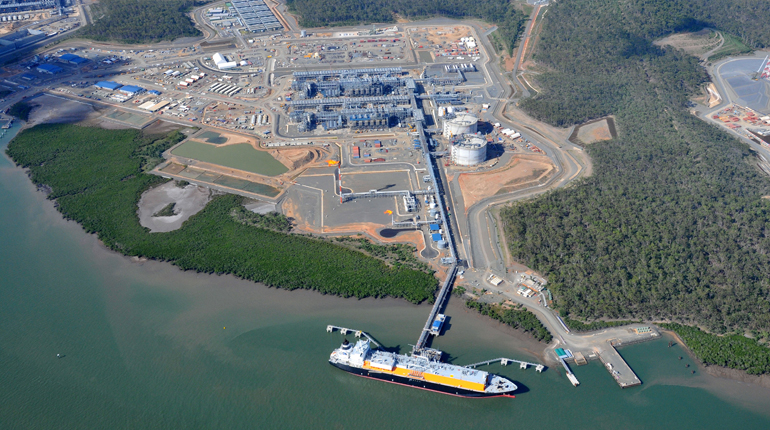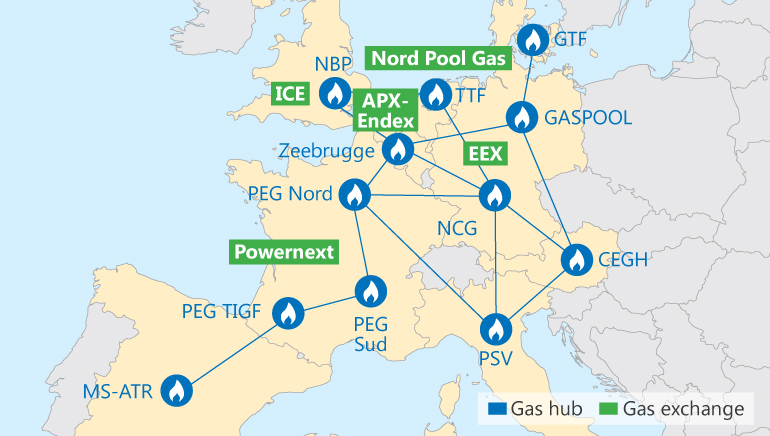Highlights
- Gas demand from Iran's petrochemical sector is rising as advanced technology becomes more accessible
- Oman is increasing its focus on the development of non-associated gas projects
- Maintenance at Nigeria LNG Train 1 will not cause any major disruption to supplies
- Turkey is boosting its intake of spot LNG because of its low price
Economic overview
The weakening sovereign ratings of countries in the Middle East are hindering investment.
In February, ratings agency Standard and Poor’s downgraded the sovereign credit ratings of several Gulf Cooperation Council (GCC) countries – in particular, Saudi Arabia, Bahrain and Oman – citing weak oil prices. The long-term credit rating of Saudi Arabia was slashed by two notches, from ‘A+’ to ‘A-‘, in the second downgrade by S&P since October 2015. S&P expects low oil prices will have a lasting impact on Saudi Arabia’s fiscal and economic indicators.
Saudi Arabia has embarked on structural reforms to face the challenges posed by low oil prices. The country is working towards splitting Saudi Electric Co. (SEC) into four separate companies by the end of 2016 to encourage competition in the power sector. Saudi Arabia has also increased fuel prices to the power and petrochemical sectors to reduce subsidies (see Saudi power sector sees future in gas, March 2016).
Oman’s long-term sovereign rating was also cut by two notches, from ‘BBB+’ to ‘BBB-‘, leaving it just one notch above non-investment grade. Oman has already reined in its expensive subsidy programme, and it plans to make further reductions in the coming months. The country is considering increasing electricity prices by 7-8% for commercial, industrial and government consumers that use more than 150 MWh per year. The proposals are waiting for approval from the Council of Ministers before they can be implemented.
Quarterly and annual year-on-year GDP growth rates
| Q2 2015 | Q3 2015 | Q4 2015 | 2016 | 2017 | 2018 | |
| Qatar | 4.8% | 3.8% | 3.8% | *4.9% | *4.2% | *3.6% |
| Egypt | 4.5% | *4.0% | *4.0% | *4.3% | *4.5% | *4.7% |
| Saudi Arabia | 4.6% | 3.6% | 3.6% | *1.2% | *1.9% | *3.0% |
| Nigeria | 2.4% | 2.8% | 2.1% | *4.1% | *4.2% | *4.7% |
| South Africa | 1.3% | 1.0% | 0.6% | *0.7% | *1.8% | *2.5% |
The need for reform is also growing in West African countries such as Nigeria. The Nigerian government is moving ahead with plans to divide Nigerian National Petroleum Corp. into 30 independent companies. The move is intended to streamline operations and provide better transparency. Weak oil prices have already taken their toll on the country’s economic growth prospects, with Nigeria’s GDP growing by only 2.8% on an annual basis in Q3 2015 compared with 6.2% a year earlier.



